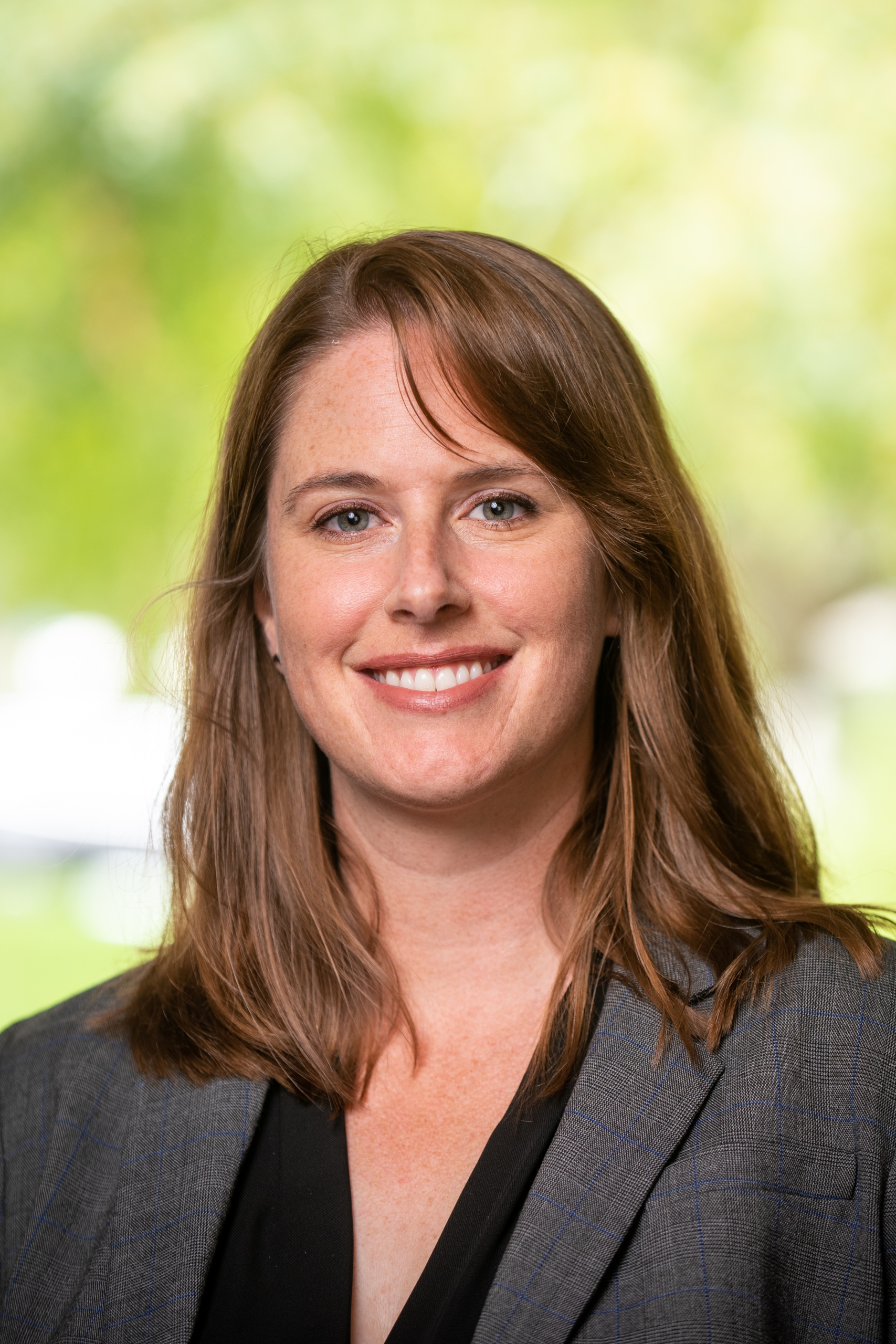
Melissa McCracken
USA
Assistant Professor of International Environmental Policy at the Fletcher School of Tufts University
Dr. Melissa McCracken is an Assistant Professor of International Environmental Policy at The Fletcher School of Tufts University, where she also holds the title of William R. Moomaw Assistant Professor of International Energy and Resource Policy. She serves as Co-Director of the Center for International Environment & Resource Policy and Director of the Shared Waters Lab, which she founded to foster interdisciplinary research and collaboration on water cooperation and governance.
Dr. McCracken is a globally recognized scholar and practitioner in the field of transboundary water cooperation, with deep expertise in water conflict resolution, hydropolitics, and the effectiveness of transboundary water cooperation processes. Her research explores how cooperative processes can prevent conflict and promote equitable and sustainable water governance, particularly in light of increasing climate and development pressures.
Her academic journey includes a Ph.D. in Geography from Oregon State University, a Master’s degree in Water Security and International Development from the University of East Anglia, and a B.S. in General Engineering with a minor in Anthropology and Geography from Cal Poly, San Luis Obispo. She has authored numerous peer-reviewed publications, book chapters, and reports, including the book Defining Effective Transboundary Water Cooperation (Routledge, 2022), which contributes to practical and theoretical understandings of cooperation in shared waters.
Dr. McCracken works with global institutions such as the United Nations, World Bank, OSCE, and Global Water Partnership, offering expertise on international water cooperation and institutions, SDG 6.5.2 monitoring, and the role of water in peacebuilding. She is also affiliated with IHE Delft Institute for Water Education, Oregon State University, the International Water Law Academy at Wuhan University, and the Universities Partnership on Water Cooperation and Diplomacy.
In addition to her research and advisory roles, she is a dedicated educator, teaching courses on global water security, environmental problem-solving, and water policy. She is known for integrating fieldwork, policy engagement, and technological tools like GIS Story Maps into her teaching. Her commitment to interdisciplinary collaboration, inclusivity in science, and evidence-based policy has earned her multiple teaching nominations and leadership roles in international water initiatives.